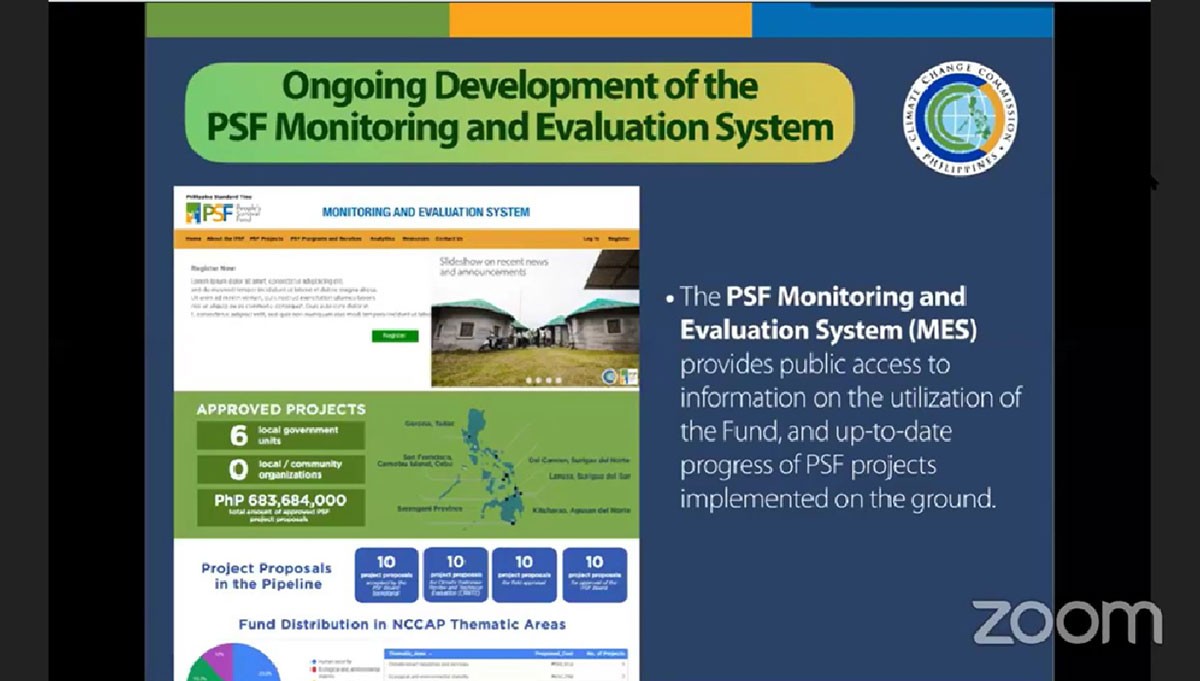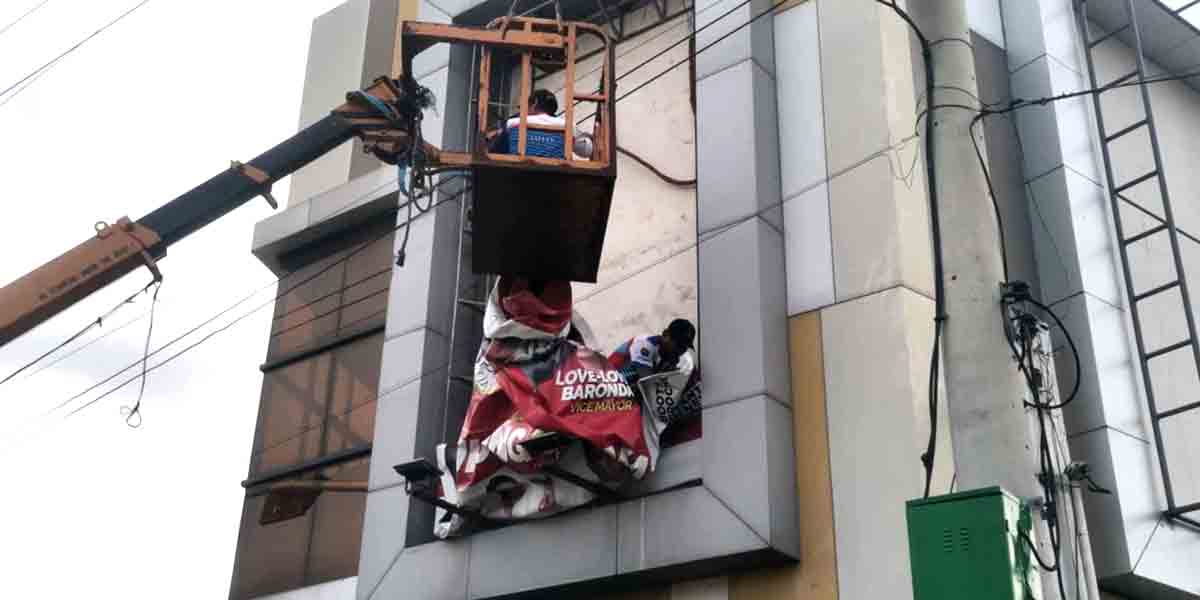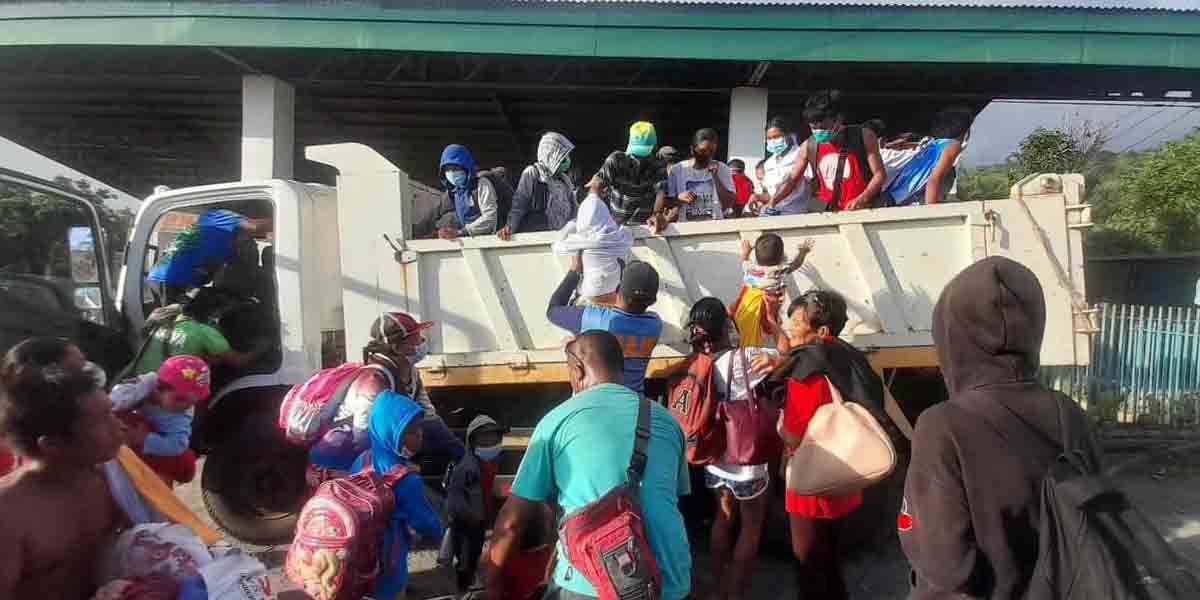
The Climate Change Commission (CCC) joined the other stakeholders in highlighting the key findings on local climate adaptation finance tracking and sharing of perspectives and recommendations on how to improve the tracking initiative in the Philippines in a recent roundtable discussion organized by the Institute for Climate and Sustainable Cities (ICSC).
The virtual roundtable discussion was held in line with the launch of the “Climate Finance Adaptation Study Report: Philippines” of the ICSC which was the result of the climate adaptation finance tracking research conducted to evaluate the accuracy and reliability of multilateral and bilateral donors’ reporting of climate finance.
Participants include representatives from the government, civil society organizations, and development partners. Resource persons include Hon. Edgar M. Chatto, Chairperson of the Committee on Climate Change of the House of Representatives; Asec. Paola Sherina Alvarez of the Department of Finance; Mr. Angelo Kairos Dela Cruz, Deputy Executive Director of ICSC; and Asec. Romell Antonio O. Cuenca, Deputy Executive Director of CCC.
Asec. Cuenca said that the results of the study are very important and highly relevant in implementing existing or new policies and strategies on climate finance. While the study indicated that climate finance donors tend to report higher amounts spent on adaptation activities than what is in fact the case on the ground, the concerns should be more of whether the support was sufficient to sustain initiatives to reduce vulnerabilities to climate change, and whether the desired outcomes were achieved given the over-reported figures versus the actual objectives attained, according to Asec. Cuenca
“Climate finance governance requires accountability and transparency, among others. While the country is rich in natural resources, we are in the midst of a climate crisis made more complicated by a pandemic. Therefore, every peso lost or wasted may translate into lives lost in case of a disaster we are not prepared for, or great damage, for instance, in agriculture from an unforeseen hazard,” said Asec. Cuenca.
In terms of accountability and transparency in climate finance, the CCC pursues the following strategies:
PSF Monitoring and Evaluation System (MES) – The ongoing development of the PSF MES provides public access to information on the utilization of the Fund, and up-to-date progress of PSF projects implemented on the ground;
National Integrated Climate Change Database and Information Exchange System (NICCDIES) – This is an integrated climate information portal for consolidation and monitoring of data and information on climate change and climate actions from various public and private sources to enable decision-makers to utilize these data for policymaking, development planning, and investment decision-making;
National Climate Change Expenditure Tagging (CCET) – In coordination with the Commission on Audit and Department of Budget and Management, the CCC formulates audit guidelines to ensure transparency and accountability on the use of tagged budget; and
Nationally Determined Contribution (NDC) – As the country finalizes its first NDC, the CCC recognizes the need to further strengthen the climate finance governance as the development assistance would accelerate based on the conditional submission. Asec. Cuenca said that the country should ensure to accommodate not only foreign-assisted projects, but also to implement these in accordance with the set outcomes.
“Climate finance is crucial but very limited. Given our limitations on financial resources, especially now that we are likewise dealing with the impacts brought about by the pandemic, we need to make sure that we are using the limited resources we have on hand to bring about positive impacts with its consequential ripple effects, and that we are targeting the most vulnerable parts of the population in a sustainable way,” Asec. Cuenca concluded.






















